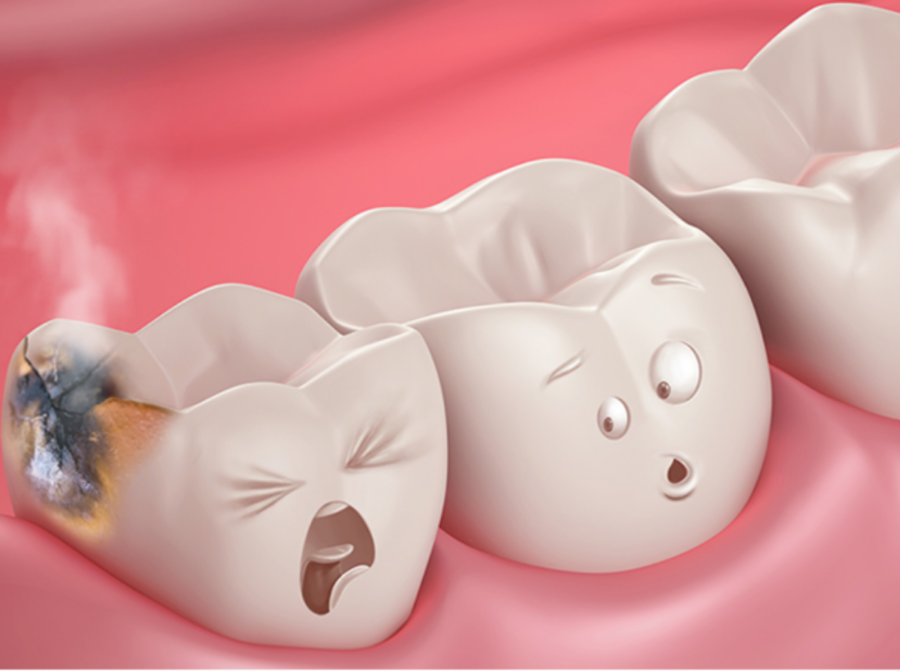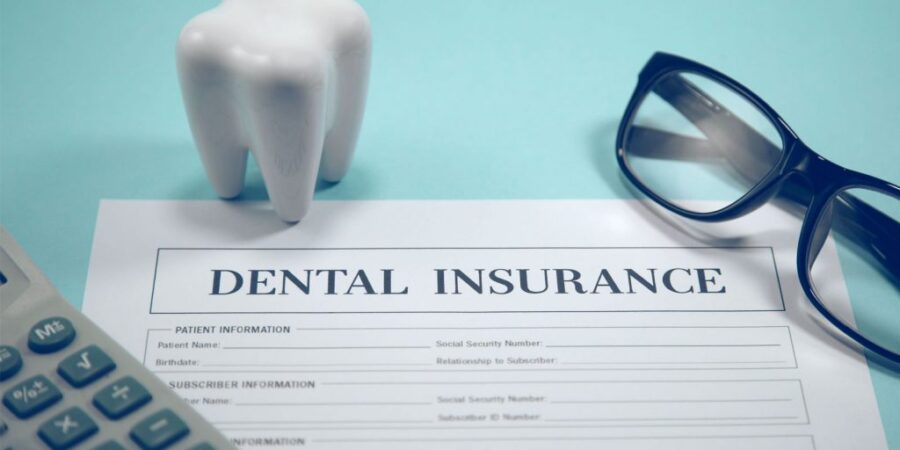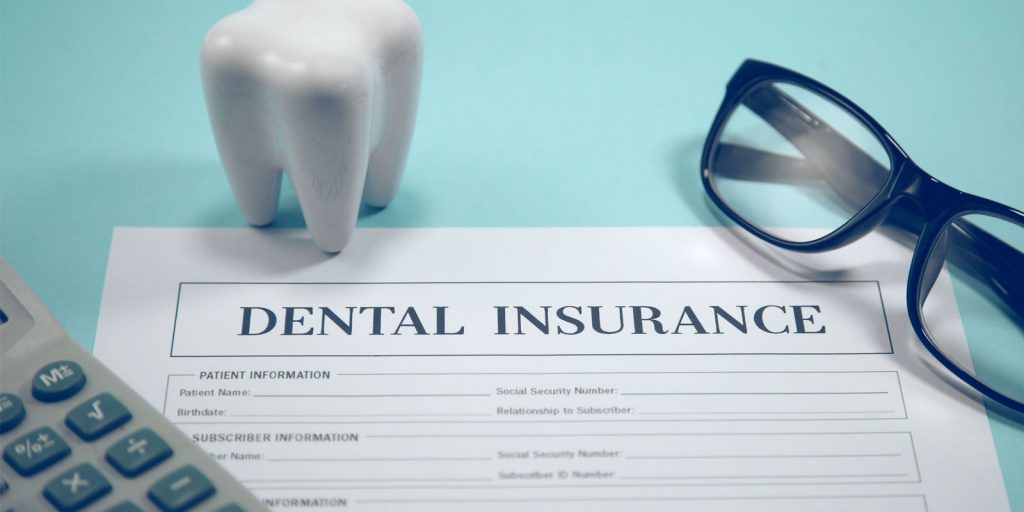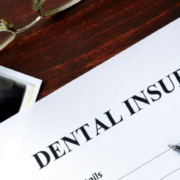If you get coverage through the Health Insurance, also called an “exchange” or “marketplace,” it means you have a choice of plans that meet certain standards. If you choose a plan with limited benefits, such as a catastrophic plan, that means your health care costs are more affordable but the insurance doesn’t cover everything. This can be especially true for those who don’t have access to dental benefits through their work or school. To find out whether you qualify for lower premiums if you opt to not include dental coverage in your healthcare plan and what other options are available to you if your budget is tight, keep reading.
What is Dental Coverage?
Dental coverage is a type of health insurance that helps pay for dental care, such as regular cleanings, exams, and even some fillings, crowns, or root canals. Unlike medical coverage, dental plans vary widely in the amount and type of benefits they provide. Dental insurance can help you afford preventive care, X-rays, and more serious procedures like root canals. Some dental plans also cover orthodontic work for children. Unlike medical coverage, dental insurance is optional. If you’re on a low- or middle-income level, you can get dental cover through a government-run program that has specific requirements and is different in every state. You can also get dental coverage through an employer-sponsored health plan or by purchasing a private dental insurance policy.

Read your Health Insurance Terms
Health insurance plans are long documents that are full of terminology that may be difficult to understand. The idea behind each plan is to give you a good idea of what a plan will cover or not cover and how much you would expect to pay out of pocket. You may have to read through the terms and conditions of your health plan a few times to fully understand your benefits. For those with dental coverage, here are some terms you should be familiar with: –
Deductible: The amount of money you have to pay out of pocket before your dental insurance begins to cover anything.
Co-insurance: The percentage of the cost of a dental procedure you will be responsible for after meeting your deductible. This can be a percentage of the overall cost of the procedure or a percentage of the dentist’s billed charge.
Co-payment: The fixed dollar amount you pay for each dental procedure.
Marketplace Plans with Limited Benefits
Depending on your dental needs, you may qualify for a plan with limited benefits. For instance, if you have a toothache or some mild gum disease that doesn’t warrant a root canal, you may be covered for other dental services, such as a cleaning or extractions. Alternatively, if you need more than just basic dental care, you may want to look for a plan that offers more coverage. For instance, the following types of plans typically don’t include dental coverage: –

Catastrophic plans: These are designed for people who don’t have dental coverage and want to save money on health insurance.
Essential health plans: These qualify under the Affordable Care Act as a health plan that covers essential health benefits.
Marketplace plans that do not have Dental Coverage
Some dental plans do not include dental coverage. If your plan doesn’t include dental coverage, you’ll want to think carefully about whether or not you should purchase a dental plan on top of your health insurance. How often do you visit the dentist? How much will a dental plan cost? What types of coverage will you get with a dental plan? Will that dental coverage be better than what you get with your health plan? Depending on your answers to these questions, you may want to purchase a dental plan on top of your health insurance.
Other options if you need Insurance coverage
If your health plan doesn’t include dental coverage, you can purchase a stand-alone dental plan. You can also look into dental benefits offered through a health insurance plan, but these are not required by law to include dental coverage. If you’re curious about your dental options, you can use a Health Insurance Marketplace plan finder to find the plans in your area and see which ones include dental benefits. Keep in mind that dental plans are not required to cover the same services as health insurance plans. For instance, dental plans are not required to cover pre-existing conditions, pregnancy or labor and delivery, prescription drugs, or mental health and substance abuse services.

Conclusion
Dental coverage is a type of health insurance that helps pay for dental care. You can get dental coverage through a government-run program that has specific requirements, an employer-sponsored health plan, or by purchasing a private dental insurance policy.
If your health plan doesn’t include dental coverage, you can purchase stand-alone dental through a health insurance plan.
Follow Us For More Updates






you may have an amazing weblog right here! would you prefer to make some invite posts on my blog?